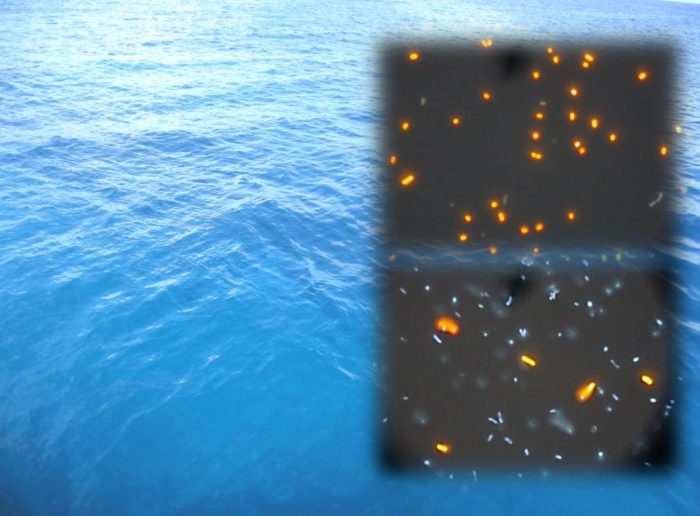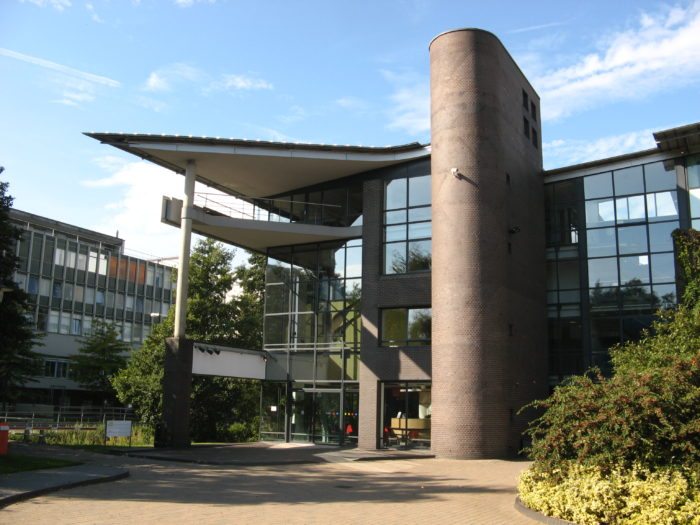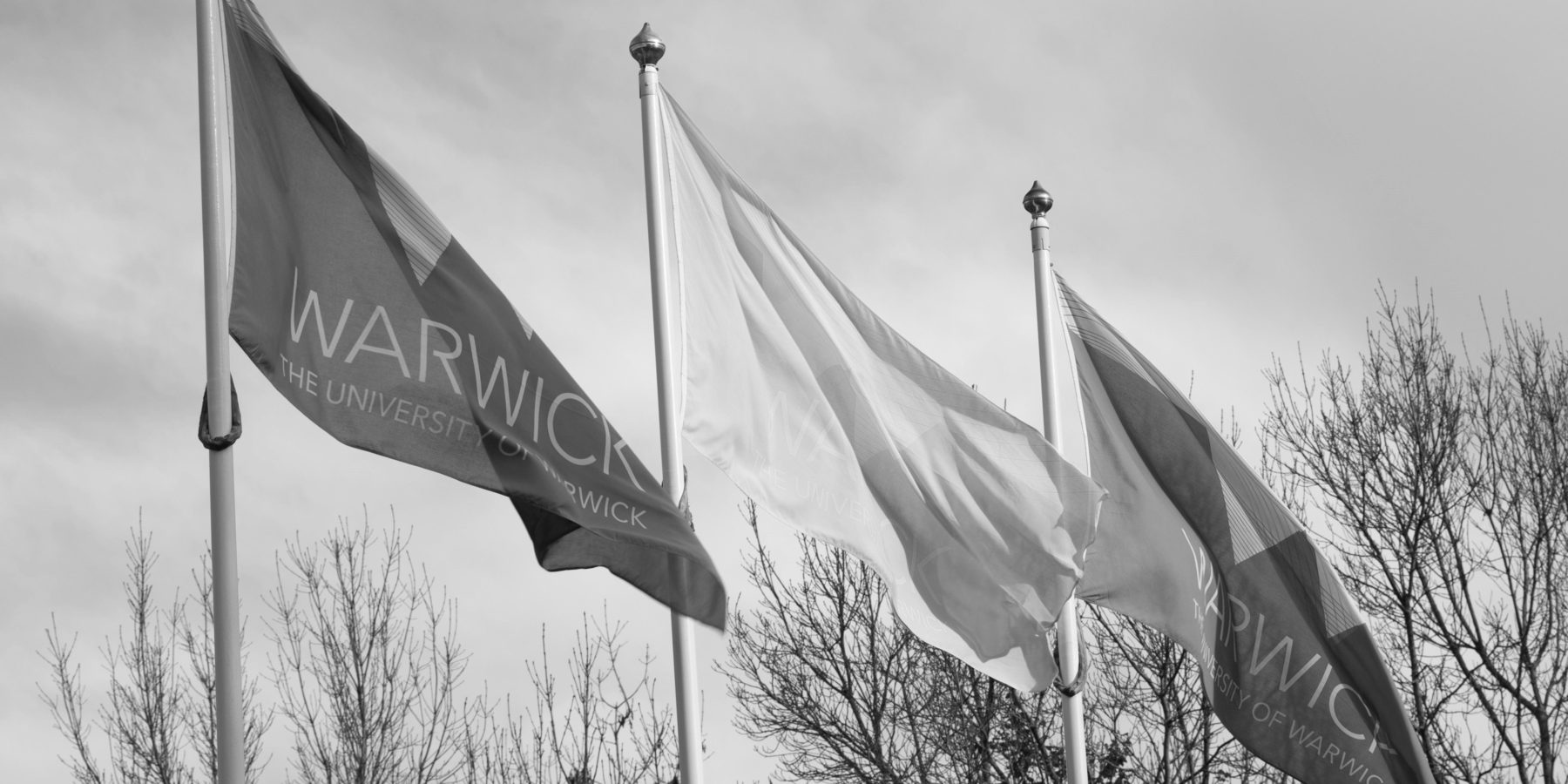Research round-up -28/07/17
Katie Levey talks through some of the scientific developments that have been happening at Warwick recently.
Research from the School of Life Sciences uncovers how bacteria affects the oceans
Dr Joseph Christie-Oleza and Professor David Scanlan from the School of Life Sciences have discovered that two of the most abundant types of microorganism in the oceans keep the ‘engine’ of the ocean running. Phototrophs use energy from sunlight to convert carbon dioxide to organic materials which leak out and are used by heterotrophs to form nutrients. The two were shown to be mutually beneficial to each other, contrary to popular opinion. The relationship maintains the level of nutrients in the ocean, sustaining the entire marine food web. This new discovery will enable scientists to protect the ocean ecosystems and allow them to better predict how they will react to climate change.

Image: representation of phototrophic and heterotrophic bacteria in the ocean / University of Warwick
Over 260 young biologists land in Warwick
There is further news for the School of Life Sciences, which has hosted the annual International Biology Olympiad this week. The competition has seen over 260 young biologists from 68 countries being tested on their skills at tackling biological experiments as well their theoretical biology knowledge. The School of Life Sciences successfully secured the bid to host the world’s biggest biology competition back in 2012 and the competition spans from 23rd of July to 30th July.
The School of Life Sciences successfully secured the bid to host the world’s biggest biology competition…
Dr Andrew Treharne MBE FRSB, Chair of the UK IBO organising committee said, “These competitions not only give participants a chance to demonstrate their passion and knowledge of biology but, just as importantly, allows them to meet their peers within the global biosciences community and really foster the importance of collaboration and international networking for these young scientists in the making.”
While the competitors have had to forfeit the use of mobile phones for the week, there are many fun events planned, such as science comedian Simon Watt’s Ugly Animal Road Show, to keep them occupied.
Thousands donated to cancer research at the University of Warwick
The University of Warwick’s Cancer Research Centre was awarded over £8,500 by the former Lord Mayor of Coventry Cllr Lindsley Harvard. This is thanks to the centre being chosen back in 2016 as one of his official charities to support during his time in office. The money was raised throughout his year in office by a number of fundraising events and by local groups and individuals.
The funds will be used to develop new diagnostic techniques for ovarian cancer…
The centre aims to improve all stages of cancer patient care from detection to treatment alongside the University’s Warwick Medical School and its partners. Some of the funds will be used to develop new diagnostic techniques for ovarian cancer as well as understanding the development of drug-resistant disease. They are also researching into scalp-cooling processes to reduce hair loss which have so far been successful in the small control groups and hopefully will soon be part of NHS treatments.
WMG uses neutron beams to make safer cars
Another WMG led partnership with the Institut Laue-Langevin (ILL), Tata Steel, and the Engineering and Physical Science Research Council (EPSRC) is using neutron beams from nuclear reactors to examine the safety joining methods used cars. The resistance spot welding method currently used on boron steel, a very high strength material that allows for lighter cars, can lead to reduced hardness and compromise strength. This new unique technique is able to penetrate the heavy material and give the high level of resolution required. The study has shown how alternative welding methods lengthen the lifetime of the lightweight material without comprising on passenger safety.
WMG and Jaguar Land Rover ‘prosperity partnership’
By 2050 the UK aims that nearly every vehicle will be ultra-low emission, which the government hopes to achieve with the aid of a ban of the sale petrol and diesel vehicles being proposed for 2040. To help with this WMG has been awarded £5.7 million to form a ‘prosperity partnership’ with Jaguar Land Rover. The partnership is one of a number of business and university partnerships awarded funds by the Engineering and Physical Sciences Research Council (EPSRC) which will see a total of £78 million of investment. They will be looking at a range of areas such as bearing and gear surfaces as well as improving efficiency, safety, and energy density of car batteries. It is hoped that with the collaboration with Jaguar Land Rover research will be generated that will enable the production of the next generation of cheaper and more efficient electric vehicles.

Image: Rwendland / Wikimedia Commons
Multi-million-pound investment in a cryo-electron microscopy facility
A successful bid by the Universities of Leicester, Warwick, Nottingham and Birmingham will see a new Midlands regional cryo-electron microscopy (Cryo-EM) facility with a total investment exceeding £6 million. Cryo-EM allows for structural determination of biological specimens in their native environment giving high quality images of viruses, bacteria and mammalian tissue. As part of the project the School of Life Sciences will gain a new 200KV cryo transmission electron microscope which will optimise samples for use on the 300KV versions which will be housed at the University of Leicester. Warwick will train potential users as well as develop pilot projects to a standard where they can be used on the high-end 300KV microscope.

Comments